AI is flourishing in all fields, and HR is not an exception. In this blog post, we analyze the good, the bad, and the ugly impact that artificial intelligence (AI) is having on recruitment.
AI tools used in recruitment
Artificial intelligence in recruiting implies automated backend processes, faster resume filtering, and improved applicant tracking. AI in recruitment is intended to smooth out or automate some parts of the recruiting process, particularly repetitive high-volume tasks. From sourcing and screening candidates to interviewing and onboarding, AI is changing HR’s recruitment capabilities. Here are some of the AI tools used in recruitment.
AI for talent sourcing: Using machine learning in recruitment platforms, HR leaders can find suitable candidates without investing lots of manual work.
AI for recruiting: HR chatbots can use AI to screen candidates, schedule interviews, and answer candidates’ questions via email, allowing recruiters to streamline routine processes.
AI for job descriptions: AI-enabled job description generators can analyze thousands of job profiles to create job descriptions that consistently attract candidates that best match job roles.
AI for candidate assessment: AI tools can help you identify potential candidates through a progression of tests (imitating a computer game) and calculate which candidate best fits the job role.
Pros of artificial intelligence in recruitment
Organizations are trying to come up with more productive HR strategies. And sometimes, it’s difficult for people to adopt and learn different AI tools and techniques, creating hurdles in achieving organizational goals. AI has not only simplified the recruitment process but also changed the way HR works in hiring.
Here are some of the significant benefits of AI in recruitment:
Reduced hiring cost and time
A survey by SHRM found that the average cost per hire is just over $4,000.
AI tools for online recruitment can screen vast candidate databases within a minute and offer a list of suitable applicants. Using AI technology in recruitment helps companies reduce the time and cost of filling vacant positions. This shields companies from losses caused by employee resignation and allows them to outperform competitors.
Get more tips to reduce the time to hire in your organization.
Smart recruitment automation
Recruitment programming, like an applicant tracking system (ATS), provides some degree of automation. It could help HR leaders store resumes systematically in the cloud, where it’s easy to maintain a candidate database.
AI in recruitment also plays a significant role in scheduling interviews. An HR leader must constantly figure out availability for candidates and interviewers. Smart automation helps to find the right interview time for both.
Also, organizations can improve the presentation of their recruiting groups by incorporating AI into the applicant tracking framework for an assortment of different exercises, such as searching for competitors, conducting video interviews, and running employment marketing.
Did you know three in four employers hire the wrong person for a position?
Data-driven recruitment utilizes data and analytics to make recruitment faster, more accurate, and more cost-effective. Read our detailed step-by-step guide to ensure your recruitment efforts are efficient.
Better experience for candidates
The candidate experience is a crucial component of the recruitment process. AI recruitment tools are built to simplify the lives of both recruiters and candidates. When job candidates and applicants can get the information a good experience, they will want to work in the organization even more.
Unbiased decisions
One of the biggest challenges faced by HR managers is that they should be unbiased when examining an applicant’s potential and competence. But similarities or differences in opinions and values may affect a recruiter’s judgment. AI software is not influenced by prejudices or biases. It determines whether a candidate has great value for the company without relying on the quality of interpersonal communication. And since AI in recruitment isn’t prone to bias, it delivers impressive results.
Enhanced candidate quality
The quality of candidates depends on who responds to your job posting. Adding AI to recruiting can improve the quality of applicants in numerous ways.
In the first stage of the recruitment process, AI can help you formulate clear job descriptions that explain what exactly the organization is looking for in applicants. Secondly, AI can be used to find the right candidates online with job advertising that is targeted to individuals based on demographic and behavioral variables.
In short: AI can help you send the right message to the right person at the right time.
Cons of artificial intelligence in recruitment
Nevertheless, some disadvantages make HR leaders and companies think about whether artificial intelligence should be increasingly involved in the recruiting process:
Privacy concerns
Using algorithms to mine information about candidates can raise privacy concerns and increased potential for discrimination. Using AI in recruitment may also allow applicants to game the system with their applications and resumes and harm those who do not game the system.
Lack of data
An employee who would be good for one job at one company might not be good for another job at another company under a different manager working with a different team. Companies need to customize it for their own needs.
This means gathering a lot of data, such as data from applicant tracking in the hiring process and performance reviews and data on compensation for those hired so it can continue learning and refining its search parameters. A lack of data on those not hired makes it impossible to determine who was screened out but might have made an excellent employee.
Implicit or unintended bias
To prevent any unintended biases, continuous auditing and corrections are a crucial part of AI programs. If you use AI software, prepare to defend the algorithms to ensure no implicit or unintended bias occurs.
Future of artificial intelligence in HR
Automation through AI is already occurring, and the pace of innovation demands organized collaboration towards regulation. In terms of labor, technology has always been both an asset and a liability. Evolving forms of artificial intelligence are no different.
Contact us to learn how we can help you alleviate workforce displacement by technology through upskilling, reskilling, and cross-skilling strategies and help you manage the dramatic labor changes that are underway.
Stay up to date with our newsletter
Every month, we’ll send you a curated newsletter with our updates and the latest industry news.


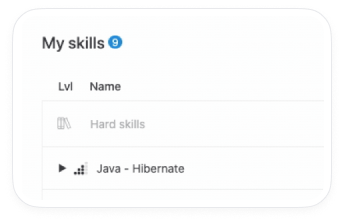
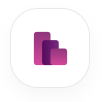









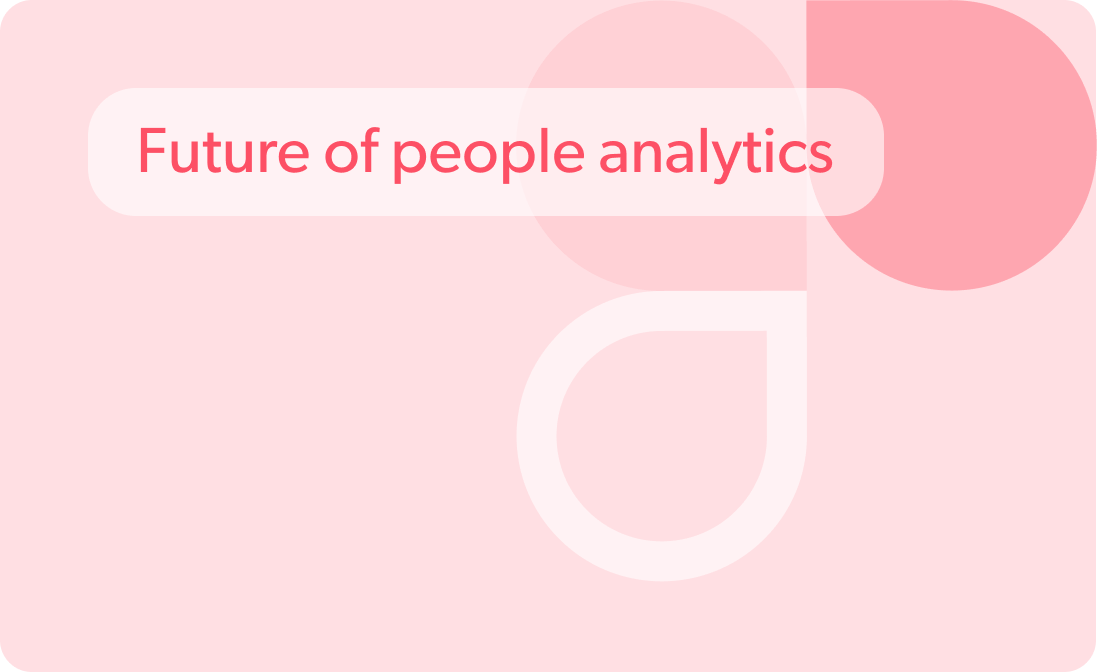
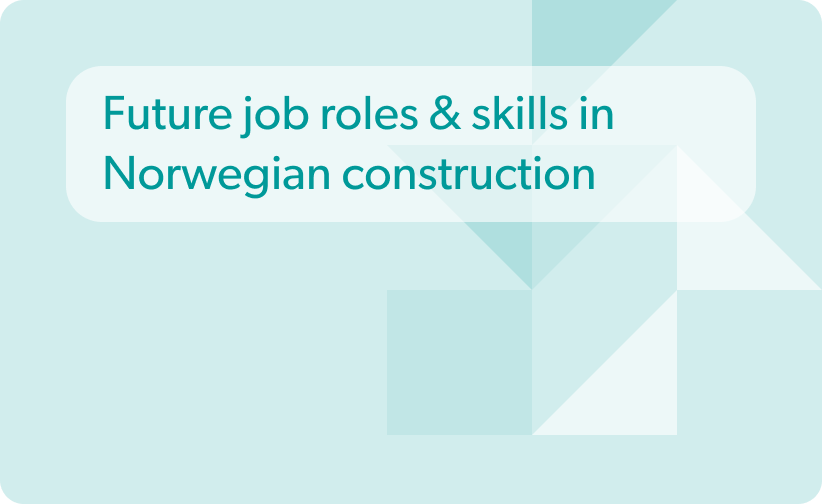
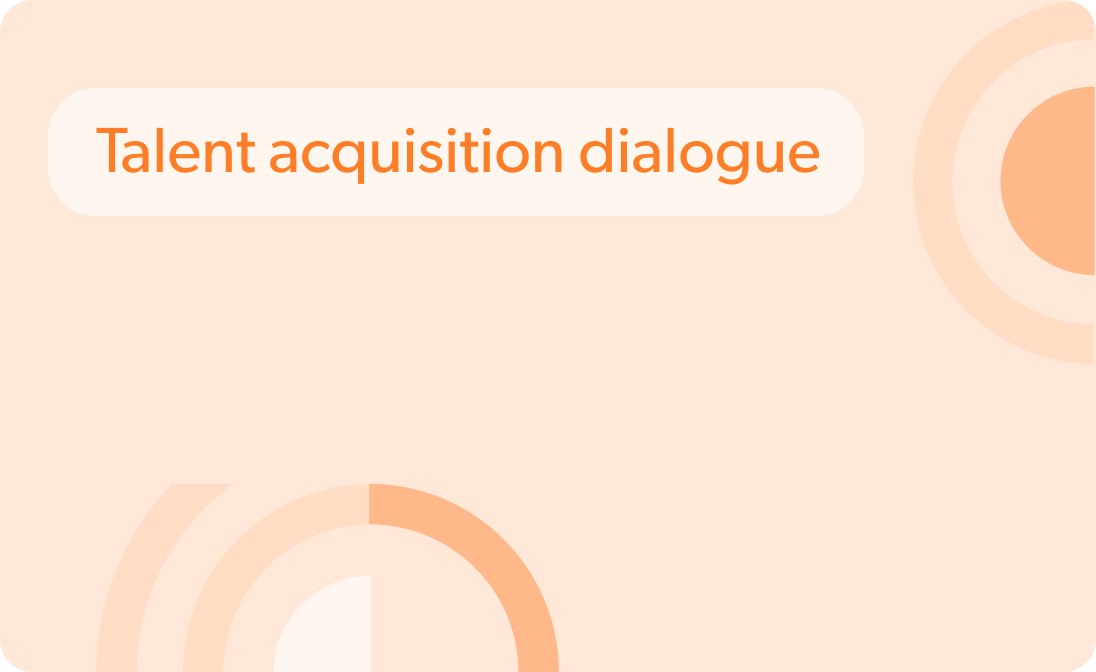
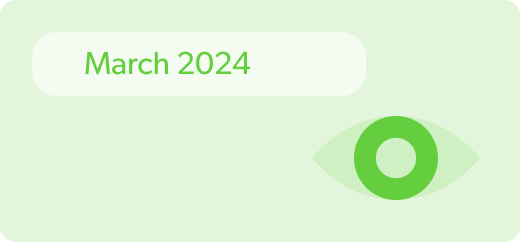



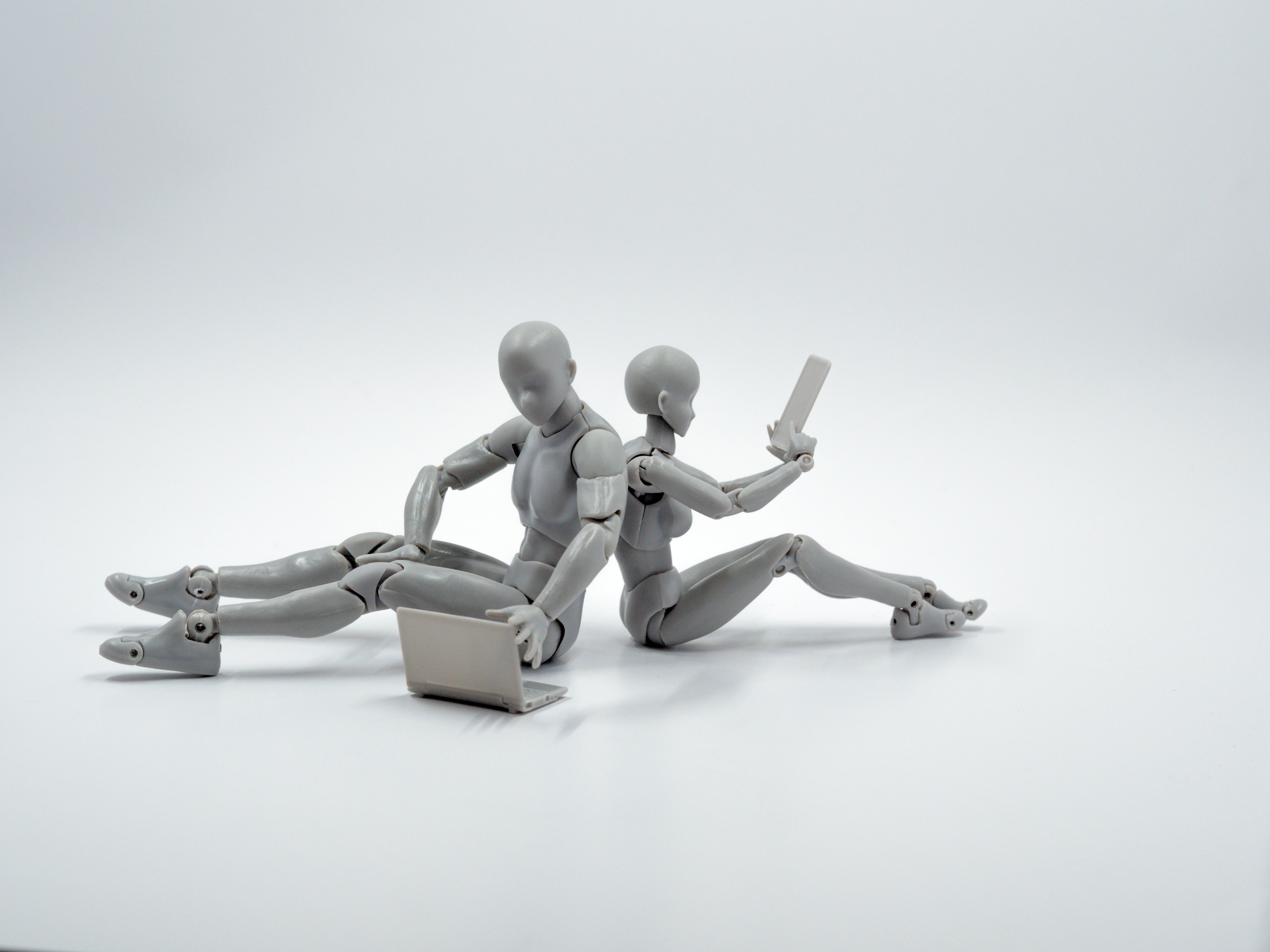





 info@hrforecast.de
info@hrforecast.de
 +49 89 215384810
+49 89 215384810






